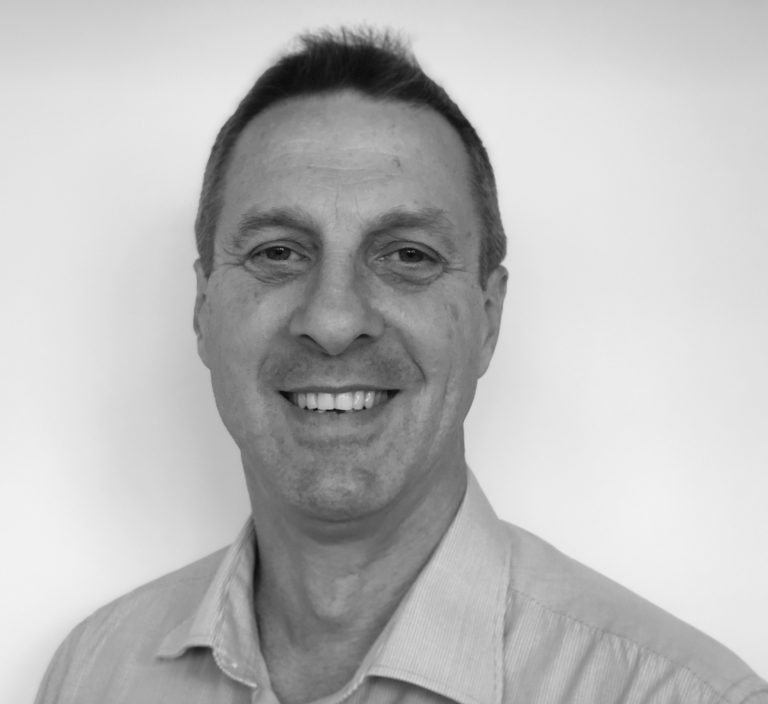Pay yourself first.
One of the oldest rules to personal finance is simply to pay yourself first.
All of the guru’s tell you to do it. It’s written in all the books and its likely even mum and dad told you – but it’s a hard thing to do. After all, that money can always be used somewhere. There is always a bill to pay, credit card debt that never seem to disappear, or a new piece of clothing that is simply a must have!
Quite simply, ‘pay yourself first’ means this: Before bills, rent, food, entertainment, before anything else, you put a portion of your income into savings. The very first expense you meet each pay cycle is yourself! Develop this habit early enough and you can go on to create amazing wealth.
For every dollar you earn, at least 10% should be set aside as savings for the future. If you can afford to save more, save more.
Make no mistake, the saving habit can seem impossible. You make like the idea of saving but there is just no money left at the end of the week / month. That’s the problem. Most of us are pre-conditioned to spend what we have. We see it, we spend it. Most consider ‘savings’ as being that money which is ‘left over’.
Switching that mind set to prioritising savings creates a powerful self-belief. It is preparing you to control your financial future rather than being controlled by the debt/spending cycle.
The best way to develop a saving habit is to make the process as painless as possible. Make it automatic. Make it invisible. If you arrange to have money taken out of your pay-check before you get it, you’ll never know it is missing.
Open a savings account and have funds transferred automatically into this account – either directly from your employer or from your regular bank account. There are a number of no fee or low fee account options from multiple lenders. Make sure this account is difficult to access for withdrawals – freeze your access card if you have to. Do whatever it takes to make you stop and think about what you are doing before taking money out. This is your future fund!!
Amazingly enough, as adjustments are made to the spending/saving psyche, that initial struggle gives way to routine; and as the savings balance grows you will look at ways to increase the amount you pay yourself.
Pay yourself first is the first in a series discussing the principles to creating wealth.

Michael began his career in the finance industry over 35 years ago. He progressed through the ranks at the CBA in both retail and corporate lending, culminating in a senior position as a Corporate Relationship Executive. His decision to leave the bank in 2003 to become an independent mortgage broker was driven by his desire to assist everyday customers break through the jargon of the banking world and access the best loan products in the market. His experience is wide-ranging from helping first time buyers to large commercial enterprises. What Michael doesn’t know about home loans, simply isn’t worth knowing!